NIGERIA NEWS
IPOB Condemns Gowon as “War Criminal,” Accuses Him of Role in Biafran Civilian Deaths
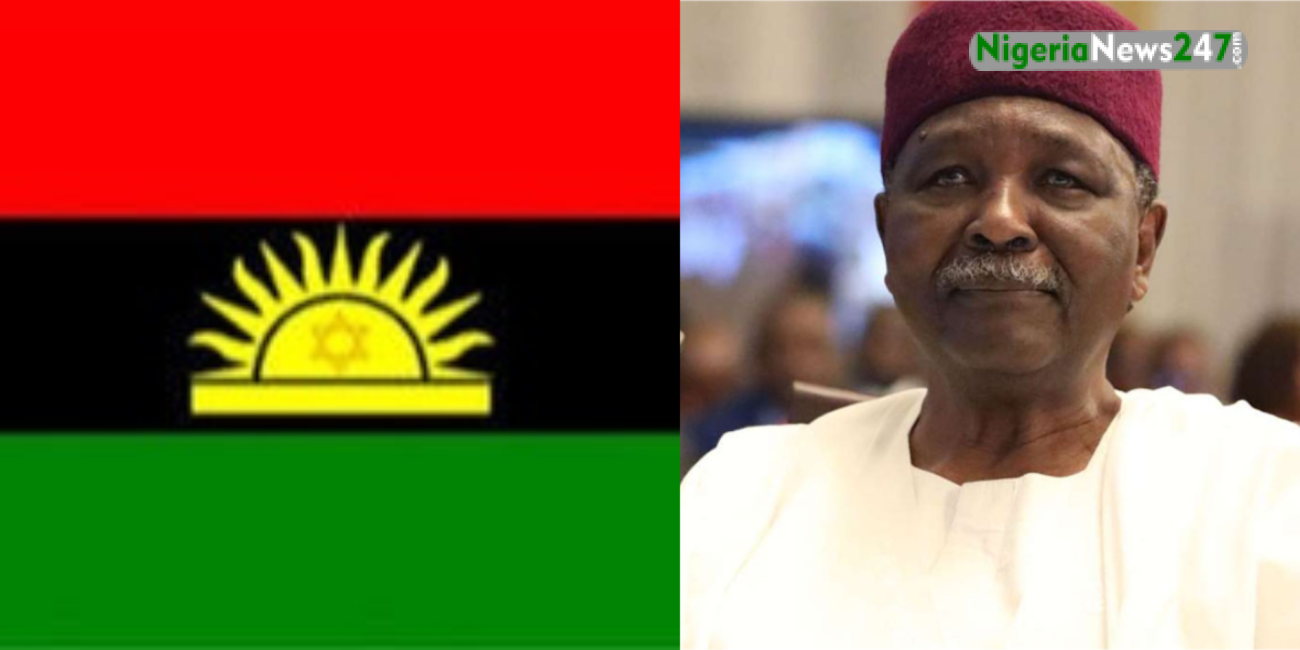
The Indigenous People of Biafra (IPOB) has issued a scathing statement condemning former Nigerian Head of State, General Yakubu Gowon (rtd), accusing him of presiding over the mass killing and starvation of civilians during the Nigerian Civil War.
Reacting to recent interviews in which Gowon reflected on his leadership during the conflict, IPOB, through its spokesperson Emma Powerful, dismissed the remarks as an attempt to revise history and deflect responsibility for wartime atrocities.
“Let us be clear—Gowon is a war criminal,” the statement read. “He presided over the starvation and murder of over five million Biafran civilians, mostly children, as a deliberate weapon of war. That holocaust places him among the worst mass murderers in history.”
Gowon, Nigeria’s military leader from 1966 to 1975, oversaw the 30-month-long Nigerian Civil War (1967–1970), also known as the Biafran War. The conflict erupted when the southeastern region, dominated by the Igbo ethnic group, declared independence under Lt. Colonel Chukwuemeka Odumegwu Ojukwu, forming the Republic of Biafra. The federal government launched a military campaign to quash the secession, resulting in widespread humanitarian catastrophe.
Civilian death toll estimates range from one to three million, with starvation, disease, and lack of medical supplies contributing to the majority of fatalities. The Biafran side and several international observers have long accused the Nigerian military of deliberately using hunger as a tactic of war.
IPOB’s statement harshly criticized Gowon’s post-war image as a statesman and peace advocate, describing such portrayals as “morally sickening.”
“It is morally sickening that a man who ordered the bombing of hospitals, schools, and refugee centres now seeks to be remembered as someone who ‘loves Nigerians.’ You cannot massacre people and claim to love them,” IPOB stated.
Referencing the abandoned Aburi Accord—an agreement reached in 1967 between Nigerian and Biafran leaders aimed at peaceful resolution—IPOB accused Gowon of rejecting peace in favor of a military solution. The group also condemned the blockades that cut off food and humanitarian aid to the region, labeling them as acts of genocide.
Drawing a connection between past and present, IPOB argued that the insecurity plaguing parts of northern Nigeria and the Middle Belt—Gowon’s home region—is a form of “karma” for the suffering inflicted during the war.
“The same forces he unleashed on Biafra have now turned on his own people. Gowon is now a refugee in Abuja, a ghost in a country he destroyed,” the group stated.
The statement also alleged that international complicity, particularly by the British government, shielded Gowon from accountability. IPOB claimed Britain supported the federal side to protect its strategic interests, notably access to southeastern oil.
“Unlike Hitler, who faced justice at Nuremberg, Gowon escaped trial not because he was innocent, but because the British Government, driven by its historical bias against the Igbo people, shielded him,” the statement alleged.
Citing reports from aid workers and relief agencies active during the conflict, IPOB argued that the suffering in Biafra was not incidental but a calculated strategy of extermination.
The group challenged Gowon to answer unresolved questions about the conduct of the war, including the bombing of relief centers, suppression of humanitarian aid, and lack of post-war reparations.
“Why were aid workers raising alarms of genocide? Why has there been no compensation for the victims’ families?” IPOB asked.
While reiterating that its struggle is not rooted in revenge, IPOB emphasized its commitment to truth, justice, and the right of the Igbo people to self-determination.
“Our mission is not vengeance. It is truth, justice, and national liberation. We will never allow the murderers of our ancestors to rewrite history with ink dipped in blood,” the statement concluded.
General Gowon, now in his late 80s, has long defended the civil war as necessary to maintain Nigeria’s unity. His “No victor, no vanquished” post-war policy and the “Nigeria Prays” interfaith initiative have earned him praise from many quarters. However, critics—particularly in the southeast—argue that crimes committed during the war have never been fully acknowledged or addressed.
IPOB dismissed Gowon’s peace advocacy as “spiritual posturing” and “moral laundering.”
Founded in 2012, IPOB advocates for the restoration of an independent Biafran state. The Nigerian government has designated the group a terrorist organisation—a label IPOB vehemently rejects.
“Biafra is not dead,” the group declared. “Biafra is a spirit—alive in our bones, in our minds, and in our souls. History will remember Ojukwu as the man who tried to save lives, and Gowon as the man who feasted on corpses.”

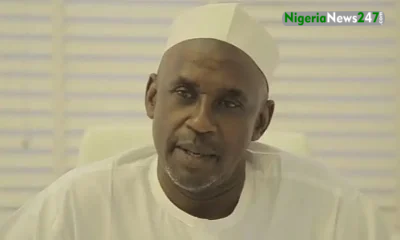

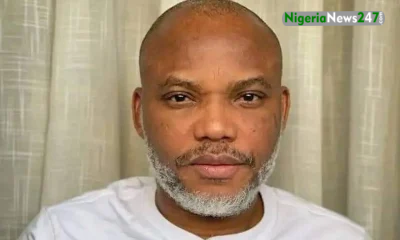


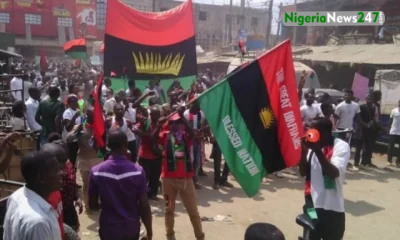

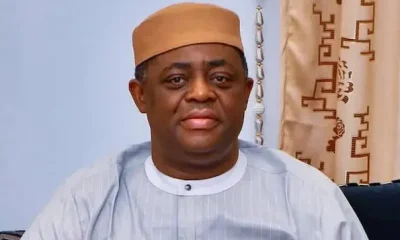

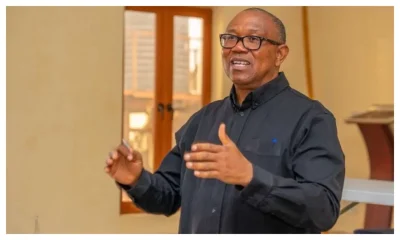








You must be logged in to post a comment Login